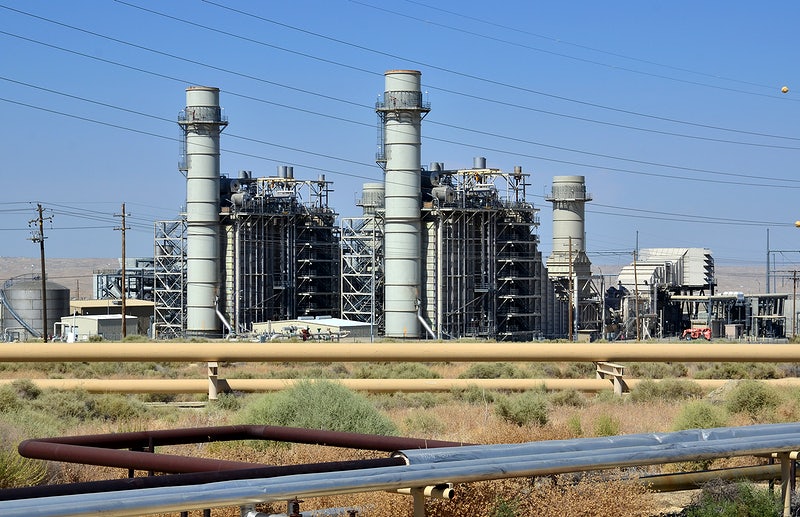By Leyla Alieva, Co-Founder and CEO of NEOL Copper Technologies, and Paul Whiting, CEO of Delta-Xero
The lubricant industry is an important yet often overlooked cornerstone of the global economy, ensuring the seamless operation of machinery across numerous sectors. Despite its importance, the sector doesn’t get the attention it deserves. Many businesses underestimate the value and capabilities of advanced lubrication programs, leading to missed opportunities to maximise the efficiency and lifespan of equipment, as well as prevent the excessive consumption of oils.
As industries face growing pressure to prioritise sustainability and reduce carbon footprints, the use of traditional lubrication practices is becoming a significant challenge. Businesses need to consider not only the technical performance of lubricants but also their environmental impact—both in production and usage. Companies must shift their focus toward selecting, and investing in, more sustainable and efficient lubrication solutions, driving their respective industries to resilience through circular economy.
Critical role of lubricants in driving efficiency
Lubricants are far more than a technical necessity—they’re vital for minimising friction, reducing wear, preventing unexpected downtime, and extending the life of equipment. High-quality lubricants can significantly decrease maintenance costs and operational downtime. For instance, in sectors like transportation, efficient lubrication can enhance fuel economy and reduce emissions.
However, many businesses in the UK are still unaware of these benefits. Too often, users opt for cheaper oils, without realising the long-term costs to machinery performance and environmental sustainability. At the same time, equipment failures are frequently blamed on oils, when the real culprit is poor oil management.
This highlights a pressing need for education around the advantages of advanced lubrication. By providing education on innovative lubricants and lubrication practices, companies can empower users to make informed choices, which ultimately leads to better machinery performance and reduced waste. For instance, synthetic base oils additised with copper filming technology allow companies to maintain machinery efficiency without aging, breakdowns, or toxic emissions.
Addressing the environmental impact of lubricants
As the push toward Net Zero 2030 intensifies, industries can no longer ignore environmental pressures. The lubricant industry contributes to carbon emissions through oil and natural gas extraction, production, and disposal. But there are solutions on the horizon to minimise this contribution —innovative companies are leading the charge toward sustainability. A combination of high-quality synthetic lubricants and filtration can significantly reduce the overall consumption of lubricants and associated carbon emissions.
Additionally, this “dynamic duo” can reduce the frequency of oil changes, leading to lower waste generation and reducing the overall cost of lubrication. Extending lubricant lifespans through innovative filtration solutions could revolutionise lubricants sector and dramatically reduce environmental impact.
Embracing the circular economy
The lubricant industry is beginning to embrace the principles of the circular economy, prioritising value over volume, a shift that is redefining its future. Traditionally, spent lubricants were treated as waste, but that mindset is also changing. Recycling and reusing oils is no longer just an option—it’s a necessity. Reconditioning used oils by removing contaminants and restoring their properties conserves valuable resources and reduces environmental harm.
Major oil companies are now exploring oil filtration and recycling as viable solutions, signaling a shift toward sustainability. This is more than a trend; it’s a transformative movement reshaping the industry.
While synthetic lubricants are typically more efficient than conventional oils, their higher cost has deterred many industries from making the switch. However, as filtration methods advance extending their useful life, the long-term cost savings of synthetic lubricants become clearer and adoption rates are expected to rise.
Looking forward
Machinery lubrication plays a critical role in addressing some of today’s biggest industrial challenges, from improving performance to reducing carbon emissions. Advanced lubrication practices not only extend equipment life and enhance efficiency but also help cut waste and support sustainability. By adopting innovative solutions like reconditioning oils and synthetic base oils, businesses can drive operational success while reducing their environmental impact.
As the industry evolves, it’s crucial to recognise the potential of advanced lubricants in solving both business and environmental issues. They are more than just maintenance tools; they are key drivers of sustainability and efficiency. By embracing these innovations, companies can boost their bottom lines while contributing to a more sustainable future for the planet.

